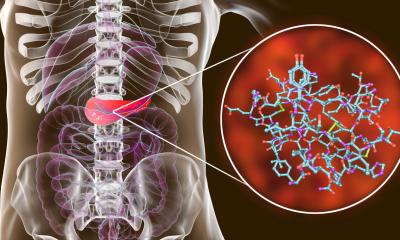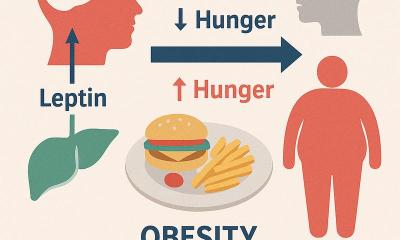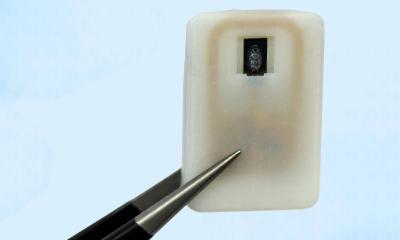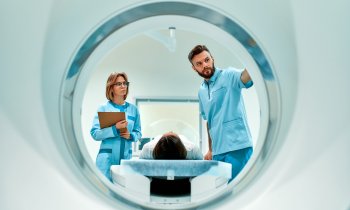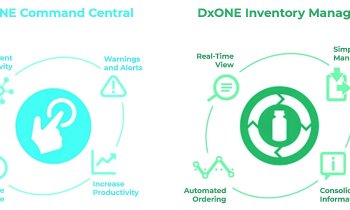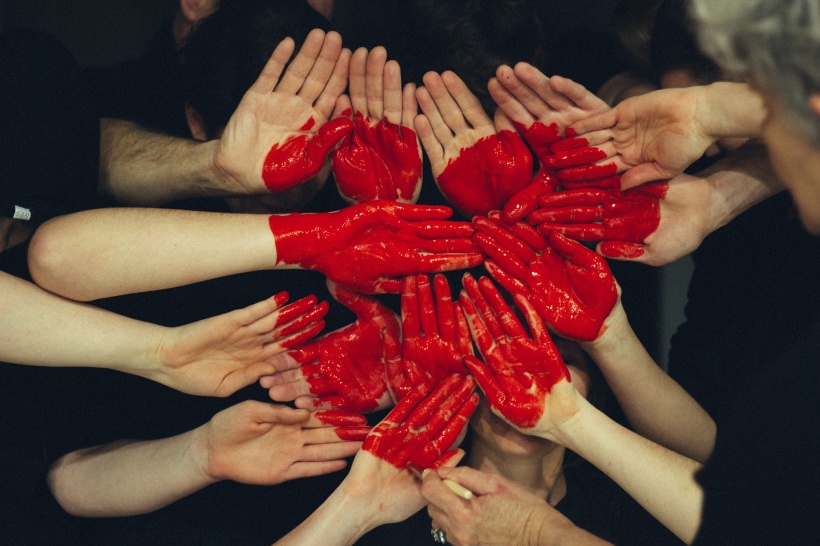
News • Better together
Making diabetes and hypertension management a community activity
Managing diabetes and high blood pressure can feel like a solitary enterprise dependent on relationships with objects (like pills or foods) and activities (like brisk walks or early bedtimes) instead of relationships with people, but a group of West Virginia University researchers is hoping to change that.
The National Institutes of Health has awarded $450,000 to Ranjita Misra, a professor of public health at WVU; Usha Sambamoorthi, a WVU pharmacy professor; and a multidisciplinary team of WVU researchers to study how lifestyle modification with support from health coaches helps diabetic, hypertensive individuals control their blood sugar and blood pressure. The research team includes Sijin Wen, assistant professor in the School of Public Health, and Dana King, chair of the School of Medicine’s Family Medicine Department. The team will develop a 12-week diabetes and hypertension self-management program in Morgantown and Charleston for adults with both Type 2 diabetes and high blood pressure. Participants will meet with each other, Misra, Sambamoorthi, and WVU-student health coaches to learn strategies for keeping their blood sugar and blood pressure in check.
By the end of the program, these people have formed their own support system
Ranjita Misra
The researchers ran a feasibility program in Morgantown earlier this year. The curriculum was based on broader concepts that underpin diabetes and hypertension management in coordination with evidence-based programs from NIH and the American Association of Diabetes Educators. The health coaches, a group made up of pre-pharmacy, Spanish, social work and exercise physiology students, addressed ways to incorporate physical activity into the day; navigate restaurant menus that seem booby-trapped with fats, carbs and salt; resist social cues that make unhealthful choices attractive; and rebut negative thoughts that arise when disease management feels futile. Cooking demonstrations and potlucks provided healthy alternatives to participants at the sessions.
Informative as the sessions were, they didn’t resemble lectures. The “dinner with friends” atmosphere facilitated discussion in which participants asked questions, interjected, shared their own experiences and had fun. “Everyone knew everyone’s life by the end of it,” said Macy Frey, an exercise physiology major who served as a health coach. “By the end of the program, these people have formed their own support system. It takes one or two sessions—maybe one or two extroverts to say things—and then they all open up,” Misra said. “We have seen people change so much. At the beginning of the program, I’ve thought, ‘This guy never talks,’ but then he’s making everyone laugh.”
Conversations weren’t confined to the sessions themselves. Each participant was assigned a health coach, whom Misra had trained. Between sessions, health coaches contacted participants to review their diet and exercise, answer questions, give individualized advice and offer encouragement. If a participant took a vacation, for example, the health coach could suggest ways to avoid overeating while unwinding on the trip.
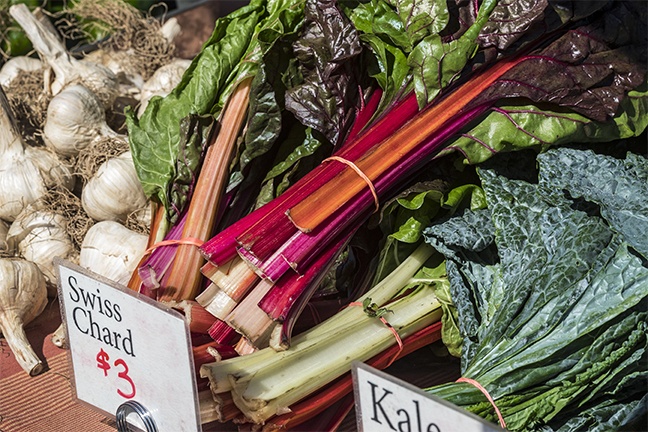
The lines of communication ran both ways. Participants could reach out to their health coaches to ask for clarification on a session topic, fine-tune a workout or express exasperation when a seemingly diabetic-friendly food caused a blood-sugar spike. Some participants contacted their health coaches almost daily. “I talked to someone on the phone for 35 minutes once,” Frey said. “They weren’t scared to ask questions. I was surprised by how quickly they opened up.”
According to Misra, diabetes and hypertension self-management programs are rarely so interactive, but in her experience, participants embrace the experience. Roughly nine in 10 people who start her program see it through. Some even want to re-enroll, or they refer others to it. “We’ve had families enroll—two sisters, and a dad and a son. They like to do that together,” Frey said. “The two sisters?” Misra added. “Their mother was in my program before, and she recommended the two sisters take it. And one of the sisters came up to me and told me, ‘I wish I’d had this program 20 years ago.’”
When Misra, Sambamoorthi, and the rest of the team launch the larger-scale, NIH-funded version of the program in spring of 2018, it will give participants the chance to manage their own conditions without doing it all alone.
Source: West Virginia University
15.12.2017



